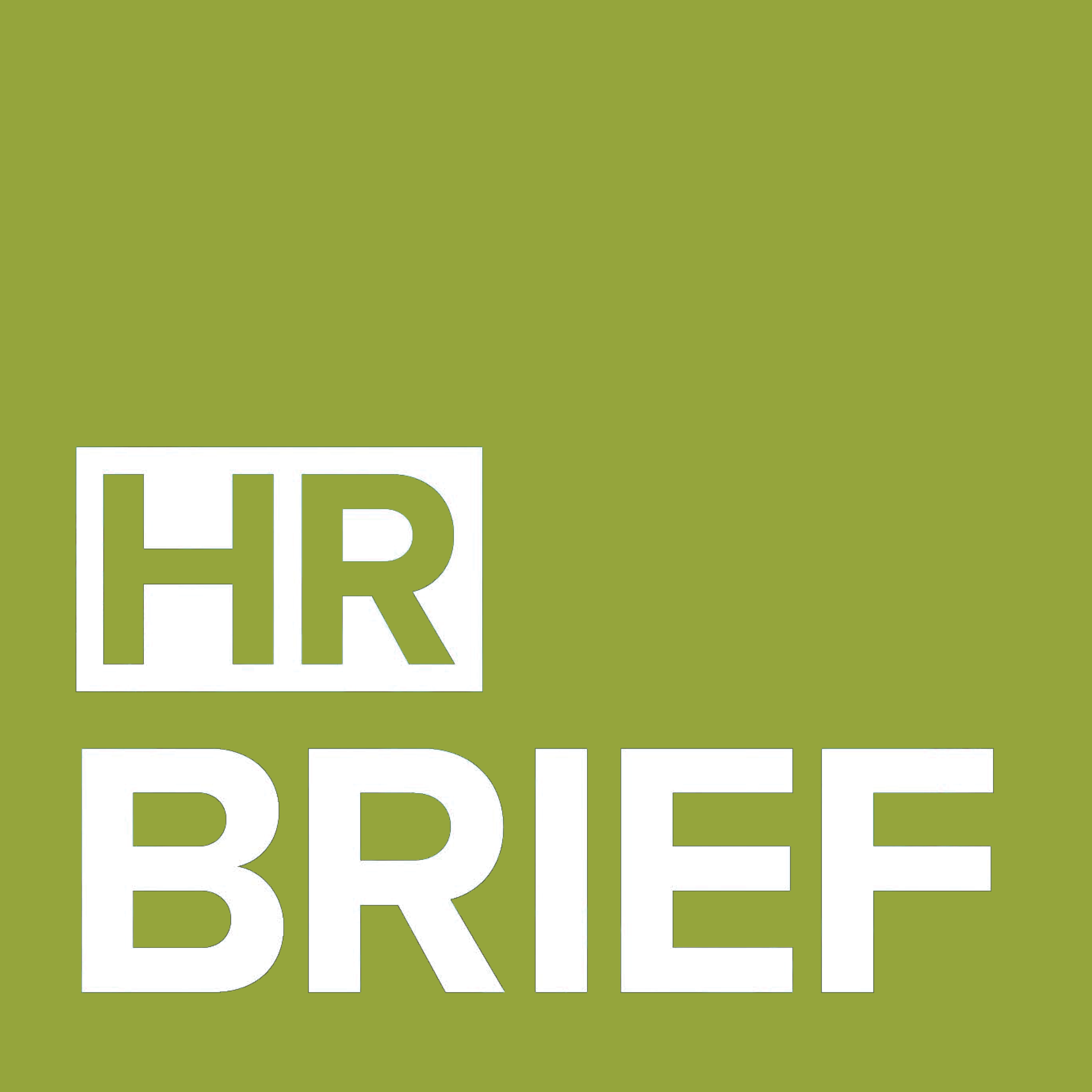
EEOC Issues FAQs on Mandatory Vaccinations for COVID-19
The Equal Employment Opportunity Commission (EEOC) recently added nine new answers to frequently asked questions (FAQs) to its existing guidance on how employers should comply with the Americans with Disabilities Act (ADA) and other fair employment laws while also observing all applicable emergency workplace safety guidelines during the coronavirus (COVID-19) pandemic.
Guidance for Employers
The new FAQs address mandatory workplace vaccination programs and the restrictions that federal fair employment laws place on them. In general, employers may require employees to receive COVID-19 vaccinations as long as they provide reasonable accommodations for employees who refuse to take the vaccine for medical or religious reasons.
The EEOC’s new FAQs generally clarify, among other things, that:
- Employers may require employees to receive COVID-19 vaccinations;
- Employers that require vaccinations may need to provide accommodations, or show that an unvaccinated employee would pose a direct threat;
- Vaccination-related questions from employers must be job-related and consistent with business necessity; and
- Any medical information obtained in the course of a vaccination program must be kept confidential.
Employers with 15 or more employees should become familiar with and follow the guidance provided in all of the EEOC’s FAQs about ADA compliance, and employers should ensure that they comply with state and local anti-discrimination laws as well.
While the COVID-19 vaccine is not yet available to the general public, employers should begin to plan for when there is broader access.
Driving HR Efficiencies With Technology
Improving workplace efficiency is about helping employees work smarter, not harder. HR professionals spend much of their everyday time and energy managing the following tasks:
- Employee information
- Payroll, including time sheets and paid time off (PTO) requests
- Employee benefits
These tasks are necessary, but often tedious. However, technology can help improve workflows—allowing HR to focus time and energy on value-added efforts like talent strategy, employee engagement and change management.
Technology Applications
The following are examples of how workflows can be revamped with automation and software:
- Having new hires complete and sign onboarding paperwork electronically can often reduce paperwork, improve accuracy and allow stakeholders to stay informed.
- Offering an employee self-service system (ESS) can allow employees to freely complete tasks such as accessing W-2s, managing benefits, submitting PTO requests, updating personal information and taking care of employment-related tasks—which can reduce the burden on HR.
- Using software to manage employee information can simplify processes such as collecting employees’ confidential information for retrieval at a later time, while reducing the risk for errors from manual data entry.
The feasibility of implementing HR technology will be unique to each organization, but employers can consider how these initiatives can address current pain points. For more information on HR technology, contact Seubert & Associates, Inc..

